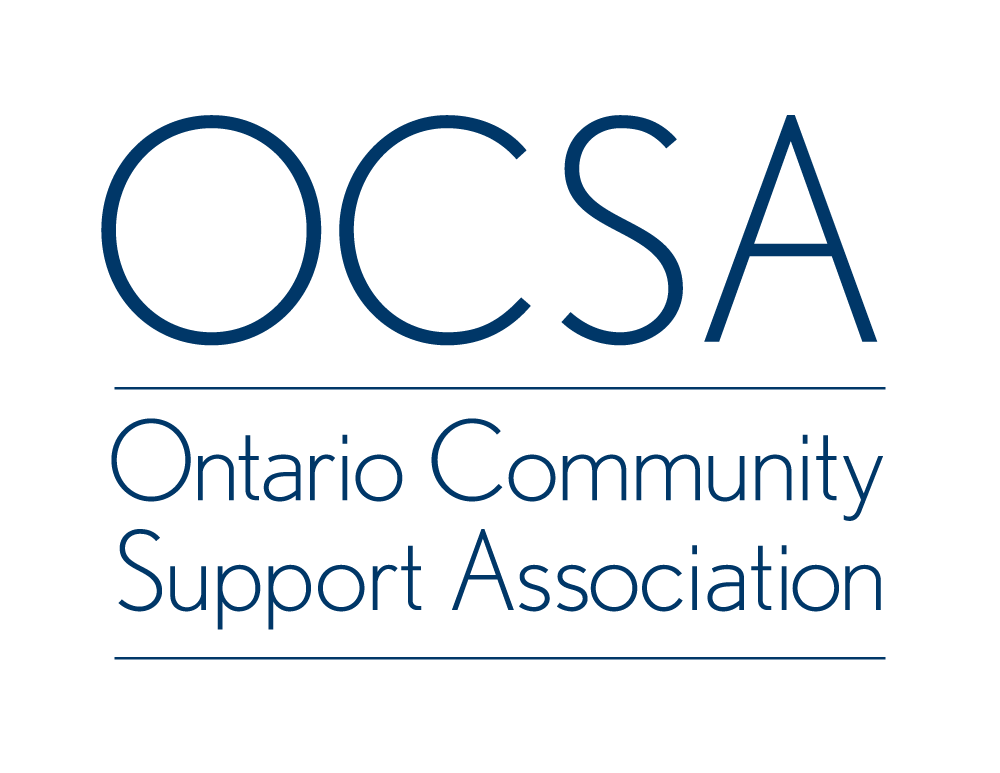OCSP Funds in Action: East York Meals on Wheels

How the OCSP helped two community organizations come together to create a Halal Meals on Wheels program.
For over 36 years, East York Meals on Wheels has been delivering affordable and nutritious meals to seniors and adults with disabilities in the Thorncliffe community of Toronto. This summer, thanks to the Ontario Community Support Program and partnerships with neighbouring community organizations, they were able to add Halal meals to their offerings in a pilot program catered to their Muslim community-members.
East York Meals on Wheels is based in Thorncliffe Park, a 2.2 square kilometre neighbourhood in Toronto, with around 30,000 inhabitants housed largely between several dozen apartment buildings. Adriano Murarotto, Executive Director of East York Meals on Wheels explains, “The community here is a landing spot for a lot of newcomers, especially from the Pakistani area...and unfortunately, there's just many layers of barriers,” including limited settlement services, grocery stores, and transit options in the area.
Food insecurity in the community, worsened by the pandemic, prompted another Thorncliffe community support association, The Neighbourhood Organization (TNO), to set up a food collaborative, an impromptu food bank of sorts. Invited for a tour, Adriano was faced with a long line of people stretching through the parking lot, and across the plaza. “I thought originally ‘These people are lining up for their vaccines,’” Adriano remembers. But he quickly realized, “These people aren't here for vaccinations, people are here for food.”
The staff at TNO explained that, as many community members as there were in line, there were still others, mostly seniors and adults with disabilities, who weren’t physically able to get to the food collaborative or carry items home, and TNO didn’t have the infrastructure for delivery. Adriano said, “Well, this is a perfect match because we have infrastructure for delivery, via our volunteers, and we have a history of doing this and we may be in the same buildings during the day as the clients that you're serving.”
The TNO and East York Meals on Wheels worked quickly to put a pilot project together, teaming up with additional community organizations like Health Access Thorncliffe Park, who helped to connect the program with community members in need, and The Bike Brigade, a group of volunteer delivery cyclists, who were instrumental in getting the meals to the clients who needed them the most.
“The connections within the community have been wonderful,” Adriano says, noting that collaboration between organizations isn’t always so simple. “In this sector, we're so territorial about our catchment areas...that's sort of been the way that we’ve been funded. So it's what we know. But through this project, I've reached out to our bordering neighbors, agencies, and I told them about what we're doing. And they said, ‘Please, we welcome you to come into our catchment area...because we don't know what to do.’”
It wasn’t a matter of simply adding these new clients to their existing Meals on Wheels program though. A key demographic of the community is Muslim, meaning the meals needed to be Halal -- the dietary standard prescribed in the Qur’an, which requires paying attention to ingredients and how food is prepared. Adriano and his team got to work researching local Halal meal providers, participating in cultural training and food safety training from the Halal monitoring authority, and purchasing new storage and transport equipment to properly segregate the Halal meals from other meals, in part made possible by the OCSP.
“The OCSP has been key in starting this pilot up,” Adriano says, noting that the funding also helped with administrative costs to coordinate the new routes and volunteers, and with the subsidy of the meals, which was a huge relief to the folks receiving them. Many people admitted they were often skipping meals, were forced to choose between medication and food, or may have had to eat ‘haram’ (‘forbidden’ foods) simply because that’s all that was available to them.
“We learned a lot about our blind spots as an agency,” Adriano says, “Because we were, for so many years, serving the same types of meals on a very limited menu, and really not catering to this community that is at our doorsteps here.”
With 418 meals sent out in the first full month the program was operating (and that’s just for two days a week!) more people are already being served in their Halal program than their regular Meals on Wheels program. “I think if there's one thing that we can say, it’s that we're sad that we hadn't done this sooner, because it's a program well overdue,” Adriano says.
Due to the success of the pilot, it has been extended, with the intent of making it permanent. Clients are so grateful for the program that some of them are coming on as volunteers. “It was beautiful to see,” Adriano says, “Because the need was finally being connected with the resources.”
“Without the help from the OCSP, this program wouldn't have been possible,” Adriano says, “And we wouldn't have come out so wholesome from the pandemic, if it wasn't for the OCSA support, and the continuous advocacy that OCSA provides. It's a beautiful association, and we're honored to be part of it.”
East York Meals on Wheels is one of 136 community support service organizations who has received OCSP enhancement funding. Since May 2020, the program has provided over 1.3 million deliveries of food, medications and essentials that have helped seniors and people with disabilities stay safe during the pandemic. The OCSP program is funded by the Ministry for Seniors and Accessibility.
Share
More Updates

Ontario relies on community health workers every day to treat illness, support mental health, provide care at home, help people live independently, and keep families well, and in many cases, they provide this care 24/7. They care for people of all ages and backgrounds, often with highly complex needs, and they are essential to achieving a sustainable and high performing healthcare system. Closing the wage gap is not simply about fairness; it is about protecting access to care, reducing system pressure, and ensuring Ontario ’ s healthcare investments deliver maximum impact. The ten provincial community health associations are committed to working collaboratively with the government to build a stable, sustainable community health workforce, which supports a stable and sustainable healthcare system, a goal we all share.

Ottawa, Ontario – [January 14, 2026] — The Ontario Community Support Association (OCSA) is calling on the provincial government to prioritize sustained investment in Home Care and Community Support Services in the 2026 Ontario Budget. Without action, seniors will lose essential services and hospital emergency rooms will face even greater pressures. Appearing today before the Standing Committee on Finance and Economic Affairs, OCSA CEO Lori Holloway highlighted that community-based care is a cornerstone of Ontario’s health system—keeping people healthy at home, enabling them to age with dignity and preventing unnecessary hospital and long-term care admissions. “Without new investment in Community Support Services, seniors will lose meals and personal care services, caregivers will lose day programs for their loved ones, and hospital beds will fill up as more people are stuck waiting for care that should be delivered at home,” said Holloway. OCSA represents more than 200 not-for-profit home care and community care providers across Ontario, delivering services such as high-needs home care, Meals on Wheels, assisted living, transportation to medical appointments, adult day programs for people living with dementia, and respite supports for caregivers. While the province has made recent investments in home care expansion, OCSA emphasized that these gains are fragile if the community supports that enable people to remain safely at home are allowed to erode. Community Support Services account for less than two per cent of Ontario’s total health budget, yet received no funding increase in Budget 2025 . As a result, many providers are already planning service reductions or facing difficult decisions, including reducing meal delivery routes, limiting day programs and respite services, scaling back transportation programs, and closing adult day programs for part of the week. In turn, service reductions will place additional strain on working caregivers, 69% of whom are experiencing burnout and nearly half of whom are considering leaving the workforce to care for their loved ones. “These are not abstract risks,” Holloway said. “They are real service reductions being planned right now in communities across the province.” When community supports are unavailable, patients end up in hospital and/or remain in hospital beds longer—not because they need acute care, but because the services required for safe discharge do not exist. A hospital Alternate Level of Care (ALC) bed costs approximately $730 per day , compared to $103 per day for home and community care. Ontario’s aging demographics make the issue increasingly urgent. Nearly one in five Ontarians is now over the age of 65 , and the senior population is expected to grow significantly over the next decade. OCSA is urging the government to immediately: Sustain home care through a renewed multi-year investment of $442 million investment annually, and predictable funding; Invest $150 million annually to stabilize Community Support Services and prevent service cuts; and Address workforce shortages by closing the wage gap facing community health workers, who earn 23 to 46 per cent less than their hospital counterparts. “Ontario cannot build its way out of an aging population with hospitals and long-term care beds alone,” Holloway said. “Care delivered at home and in the community is where people want to be, and it is the most cost-effective and compassionate approach for the health system.” About the Ontario Community Support Association The Ontario Community Support Association represents more than 200 not-for-profit organizations providing home care and community support services across the province. OCSA members deliver essential services that help people live independently, age at home, and reduce pressure on hospitals and long-term care. For more information visit www.ocsa.on.ca or @OCSATweets For media inquiries please contact: Karla Sealy (she/her) Manager of Communications 416-256-3010/1-800-267-6272, ext 242 karla.sealy@ocsa.on.ca

Toronto, ON – The Ontario Community Support Association (OCSA) welcomes the Government of Ontario’s announcement in the 2025 Fall Economic Statement of a $1.1 billion investment to protect and expand home care services. This significant commitment demonstrates government’s recognition of the vital role that home and community care plays in the province’s healthcare system. “The Ontario Community Support Association welcomes this significant investment in home care. Previous funding commitments have helped stabilize the sector, supporting a measurable reduction in staff turnover and fewer missed care visits. These improvements mean more Ontarians are receiving the care they need, when and where they need it. We encourage the government to continue to invest in programs like Hospital to Home and organizations that bring together home care, community support, and independent living services, which are essential to building a system that keeps people healthy, connected, and cared for at home.” — Lori Holloway, Chief Executive Officer, Ontario Community Support Association As the province looks ahead, OCSA stands ready to collaborate with the Ministry of Health and system partners to advance innovative models that integrate home care, community support, and independent living services. Together, these efforts will help build a sustainable, connected system that keeps people healthy and cared for at home. About the Ontario Community Support Association (OCSA) OCSA represents the full spectrum of organizations that deliver home and community support services across Ontario, helping people live independently and with dignity where they want to be—at home. Through advocacy, research, and member collaboration, OCSA works to strengthen the sector and build a more connected, person-centered health system. Media Contact: Karla Sealy Ontario Community Support Association Email: karla.sealy@ocsa.on.ca Website: www.ocsa.on.ca




